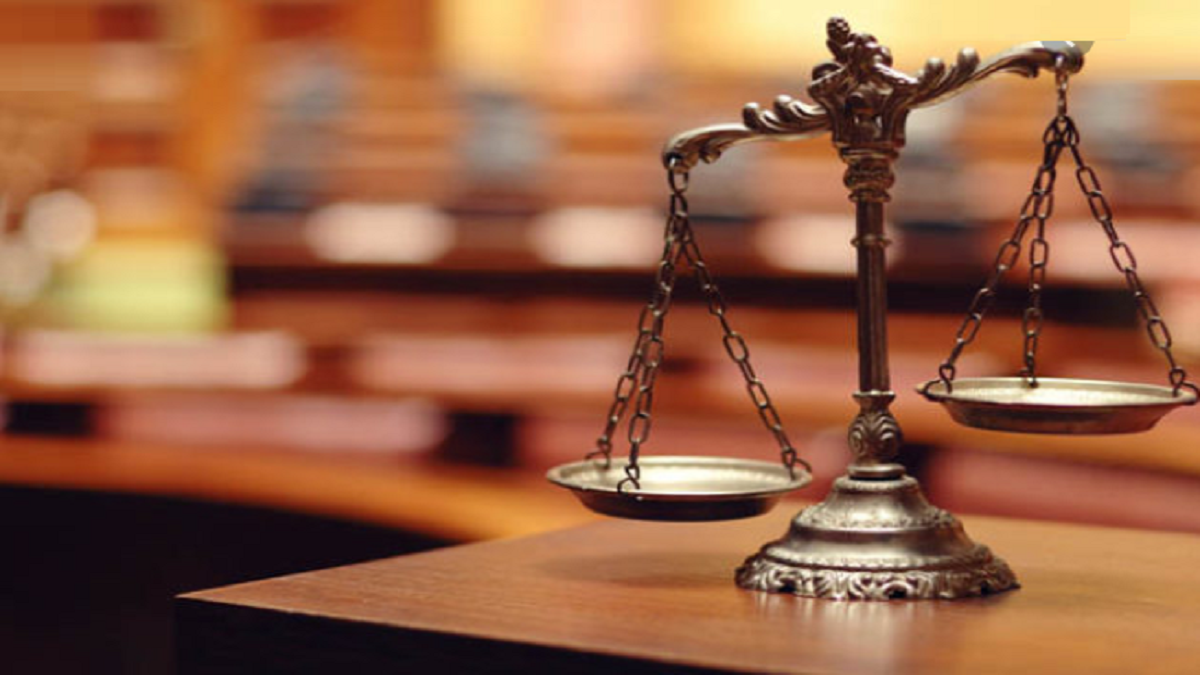


Last week, this author had the occasion to take part in a virtual panel discussion on the intersection between faith and law organised by the department of law of a Pune-based institution. The specific theme of the discussion was the continued relevance of the Bombay High Court’s well-known and widely debated judgement in The State of Bombay v. Narasu Appa Mali (1951). The judgement, which was delivered by Justice Mohammadali Carim Chagla and Justice Pralhad Balacharya Gajendragadkar in the context of a challenge to the constitutional validity of the Bombay Prevention of Hindu Bigamous Marriages Act 1946, is known for its take on Articles 13, 14, 15 and 25(1) of the Constitution, and continues to be the subject of passionate debates in the legal fraternity. Naturally, given the contemporary purchase of the topic and the fact that its different layers are yet to be conclusively laid to rest by the Supreme Court, this author accepted the invitation to share his views on the topic in the august company of retired Judges of the Supreme Court and High Courts, and distinguished academics.
While each discussant had her or his own erudite views on the topic, what struck me as odd and interesting was the unquestioned acceptance of the claim of universal validity of “the Global Human Rights Compact”, mostly by voices from the academia, while in the same breath advocating for greater “openness and broad-mindedness” in accommodating diverse points of view. In other words, it sounded as if what was being conveyed by such voices was that while there is only one universal golden standard that all “civilised nations” must subscribe to and swear by in the context of human rights, all other views and opinions can keep noisily clamouring for oxygen, space and visibility to account for the optics of diversity and liberalism quotients in such discussions. This patronizing attitude was, lo and behold, presented as “the liberal position” to take. According to this author, such a position is anything but liberal and points to sanctimony, coloniality and elitism. One would go a step further to state that such a position is both uninformed and insensitive in view of the growing chorus for decoloniality in legal systems of post-colonial societies, of which there was not a single word mentioned during the course of the discussion by any of the other discussants. One would have assumed that the relevance of the decoloniality movement to Bharat would have been self-evident to the academics on the panel, but unfortunately that was not to be.
What highlighted the extent of coloniality in the approach towards the topic of the discussion was when this author questioned the near-complete absence of orientation in law schools to indigenous schools of legal philosophy and systems, the response from the academic voices was that a few law schools here and there taught the “Indian version of the Socratic method”. Having thus highlighted through a colonial prism the few pockets where indigenous epistemology finds sanctuary, their contemporary relevance to the domestic and global human rights discourse was also questioned, which only underscores with neon lights the Acute Identity Deficiency Syndrome that the Indian legal ecosystem suffers from. If this does not prove the author’s contention of internalised coloniality in influential sections of Indian legal academia, one is not sure what would. While there is a decent chance that there exist islands of exceptions to this norm, the fact is that the approach to complex and morally diverse concepts such as human rights has become monochromatic and largely unipolar in Bharat, and by no stretch of imagination is this state of affairs “liberal” or ideal, both not being synonymous.
Ironically, while influential cross-sections of Indian legal academia maintain a studied silence on the manifest relevance of decoloniality to Bharat, Western legal academy and the humanities have turned introspective and become alive to the very real colonial and Judeo-Abrahamic genetics of contemporary human rights discourse wherein both the conservative and liberal camps believe in their respective universalities. Decoloniality arrests and resists this very tendency to assert the epistemological hegemony of the West through the conservative or liberal worldviews. Unfortunately, the dominant voices in Bharat, which ought to have been that of decoloniality, continue to behave like new converts who spout the virtues of the “Global Human Rights Compact” in the name of advancing the cause of the oppressed and the socially marginalised, without realising that the very regime they push is built on the graveyards of native societies and indigenous systems of knowledge.
Is it then any surprise that native practices are approached from a perpetual and unrelenting position of “reform” by products of such a system when they occupy positions which enable them to rewrite the traditions, destinies and histories of native societies with a single stroke of a pen without being elected? The colonialised legal system as it exists today is not the cause but is the consequence of a deeper malaise, which exists at a more fundamental level- namely education. As long as this is not addressed, every native tradition will constantly find itself in the dock being judged by those who are not trained to even remotely relate to it, let alone understand it, and are conditioned to see them as objects of reform. In a nutshell, the colonizer’s project of civilizing the native continues, albeit in the willing hands of the colonialised native. One could be wrong, but wasn’t this the goal of the colonizer? After all, the “West”, much like the idea of Pakistan, is a state of mind, and not merely a geography.
J. Sai Deepak is an Advocate practising as an arguing counsel before the Supreme Court and the Delhi High Court.